Scott AndersonRuth 3:1-5, 4:13-17 † Psalm 127 † Hebrews 9:24-28 † Mark 12:38-44
You can view a video of the service and sermon here. Robin Wall Kimmerer tells of an ancient ceremonial tradition among the indigenous coastal people in the Northwest. It always happened about this time of the year. If you’ve been out and about on the rivers in the past month or so, paying attention to what’s been happening in our waters, it may not surprise you. Kimmerer spotlights the story this way: Far out beyond the surf they felt it. Beyond the reach of any canoe, half a sea away, something stirred inside them, an ancient clock of bone and blood that said, “It’s time.” Silver-scaled body its own sort of compass needle spinning in the sea, the floating arrow turned toward home. From all directions they came, the sea a funnel of fish, narrowing their path as they gathered closer and closer, until their silver bodies lit up the water, redd-mates sent to sea, prodigal salmon coming home.[i]
0 Comments
Scott Anderson Acts 10:44-48 † Psalm 98 † 1 John 5:1-6 † John 15:9-17 A video version of this sermon can be found here. You likely read the quote from the Robin Wall Kimmerer we included in the invitation to worship. Here it is again, from her book Braiding Sweetgrass: “It’s funny,” she writes, “how the nature of an object—let’s say a strawberry or a pair of socks—is so changed by the way it has come into your hands, as a gift or as a commodity. The pair of wool socks that I buy at the store, red and gray striped, are warm and cozy. I might feel grateful for the sheep that made the wool and the worker who ran the knitting machine. I hope so. But I have no inherent obligation to those socks as a commodity, as private property. There is no bond beyond the politely exchanged “thank yous” with the clerk. I have paid for them and our reciprocity ended the minute I handed her the money. The exchange ends once parity has been established, an equal exchange. They become my property. I don’t write a thank-you note to JCPenney.[i]
Scott AndersonDeuteronomy 18:15-20 † Psalm 111 † 1 Corinthians 8:1-13 † Mark 1:21-28
A video form of this meditation can be found here. We know the old adage about first impressions and how deeply they imprint an expectation. Such is the case here, I suspect. This is, after all, the inauguration of Jesus’ public ministry—the first impression. It is his inaugural act on the heels of assembling his leadership team. Inaugurations say a lot, I suspect, about our leaders. And each of the gospels underline something a little different about Jesus. Matthew begins with the Sermon on the Mount, presenting us with a version of Jesus who is a definitive teacher. Luke offers a vision statement of social renewal—Jesus as the one to bring good news to the poor. John skips the ceremony and goes straight to the wedding party at Cana and a sudden abundance of good wine to show us a savior who came for life abundant. Mark’s Jesus is a little like Marshawn Lynch was back in the day, I suppose—he’s all about that action, boss. He leaps into the fray. He starts where we are today, in the synagogue—at church, if you like—with a new teaching, with authority. But it isn’t just about words, certainly not empty words, not words alone. These words evoke something big. They have power. They change everything. You know. It’s pretty standard stuff when it comes to what we’ve come to expect in worship, I suppose. A teaching that leads to a loud encounter with an unclean spirit. Screaming. Convulsions. Pews flying. An exorcism. You know Tuesday, or, I guess, Sunday, as it were. Scott AndersonEzekiel 34:11-24 † Psalm 100 † Ephesians 1:15-23 † Matthew 25:31-46
A video version of this meditation can be found here. It’s all hindsight. All of it. No one was doing what they were doing in the story because they thought they were doing it “unto Christ.” They were just doing it. The surprise was that it was, or that it is the Holy One in those who were vulnerable. And everyone was surprised!. Everyone was surprised that this would be the thing that would set them apart—right from left, sheep from goats. When did we see you hungry or thirsty, or a stranger or with no clothes on your back, or locked up? Scott Anderson1 Kings 19:9-18 † Psalm 85:8-13 † Romans 10:5-15 † Matthew 14:22-33
*A video form of this sermon can be found here or you can see the entire liturgy here. In the Fishlake National Forest, on the western edge of the Colorado Plateau there is a colony of quaking Aspen that is an estimated 80,000 years old. Now, were you walking in the midst of it right now rather than listening to me, it would not be readily apparent. There is no tree in the grove that is anywhere near that age. Cut one down and you might count 80 rings, 80 seasons of growth. Maybe more. Maybe less.[i] But underground, the eighty-year-old trunks are 80,000, a 100,000 years-old if they are a day. Some scientists think even this is a huge undercount, suggesting the forest has been around for the better part of a million years. Every tree here has sprouted from a rhizome mass too old to date even to the nearest hundred millennia, they say. Scott Anderson1 Kings 3:5-12 † Psalm 119:126-136 † Romans 8:26-39 † Matthew 13:31-33, 44-52 The naturalist John Muir once said, It is a powerful sentiment, one that resonates deeply with me, and I suppose is one of the reasons I am drawn to those yearly walks in the woods that I’ve just come back from. There’s something deep to experience. A sensibility, an understanding that words more often than not fail to unearth. But it’s there, beneath the feet. Deep underground, and yet, all around, if we choose to see it.
It hasn’t been a good week, though, for our friend John Muir. Scott AndersonActs 2:14a, 22-32 † Psalm 16 † 1 Peter 1:3-9 † John 20:19-31
A video version is available here. One of my favorite TV shows was Modern Family. A few weeks ago it wrapped its final episode after eleven seasons. At its best, the show combined great slapstick and physical comedy with some beautiful and, sometimes, even inspiring sentiment. One memorable episode way back in season five was titled “Australia.” Phil Dunphy went to Australia for a vacation because he had been conceived there, and his mother had always wanted him to go and visit. He’s finally decided to go fulfill her dying wish, and the rest of the family decides to tag along. The problem is that things don’t go very well for Phil. As soon as they arrive, he has an allergic reaction to a local fruit. Then he gets stung by a jelly fish. Then, in one of the best physical bits I’ve seen in a long time, he gets punched in the eye by a kangaroo that he thinks is the spirit of his mother. That’s worth the half-hour all by itself. Maggie BreenIsaiah 58:1–12 † Psalm 51:1-17 † 2 Corinthians 5:20b—6:10 † Matthew 6:1-6, 16-21 Does God think we’re her keeper? It’s a bold question. I watched her go uncelebrated into the second grade, A greenless child, Gray among the orange and yellow, Attached too much to corners and to other people's sunshine. She colors the rainbow brown And leaves balloons unopened in their packages. Oh, who will touch this greenless child? Who will plant alleluias in her heart And send her dancing into all the colors of God? Or will she be left like an unwrapped package on the kitchen table -- Too dull for anyone to take the trouble? Does God think we're her keeper?
Scott AndersonGenesis 15:1-12, 17-18 † Psalm 27 † Philippians 3:17-4.1 † Luke 13:31-35
This is one of those really awesome texts that fits well in the Dangerous Book for Boys, Daring Book for Girls[i] genre of children’s books that argue it is good to go close to the edge and, sometimes even leap over it, that understands you need to get dirty sometimes and maybe even risk a few cuts and bruises to really know something, that recognizes that an overly sanitized, protected, secured life may not actually get us anywhere worth getting. I think of Molly and Megan McAdams who were delighted that the 2014 film “Into the Woods” included the part of the Brothers Grimm fairy tale Cinderella in which the evil step-sister cuts her toe off in her desperation to fit into that golden slipper. They showed it in that film rather than scrub it out like Disney’s writers had done for their previous versions of the fable. There’s something about the grit of life, the close experience of it, the finding our way through that has everything to do not only with our faith and life and well-being, our resilience and joy, but with our encounter with a God who tends to traffic in these places as well. In a way, this is the call of Lent. To get a little dirty. Scott AndersonI am an avid reader of the comics. If I’ve read nothing else from the paper on a Sunday morning I will look at breaking news to see what we need to be mindful of, and I will read the comics--religiously!
Pearls Before Swine is one of my favorite comics these days, and I love how this one gets right to the heart of our stress-filled, bubbled, and too-often disconnected existence. And more to the point, I love how it gets to what is at the center of this gospel today: Love your enemies. Or maybe it doesn’t. To imagine the person who cut you off on the freeway is your enemy is something of a stretch, isn’t it? It’s a verbal weaponization of a pretty mundane event, to imagine my neighbor on the freeway is my enemy, and not instead, someone who may be having a bad day, like I might be. We probably shouldn’t domesticate the notion so carelessly, because there is much, much worse that is done for which we should preserve such a decisive word like enemy. In these days of Fake News, we should try to be as accurate and truthful as we possibly can. |
St. Andrew SermonsCategories
All
|
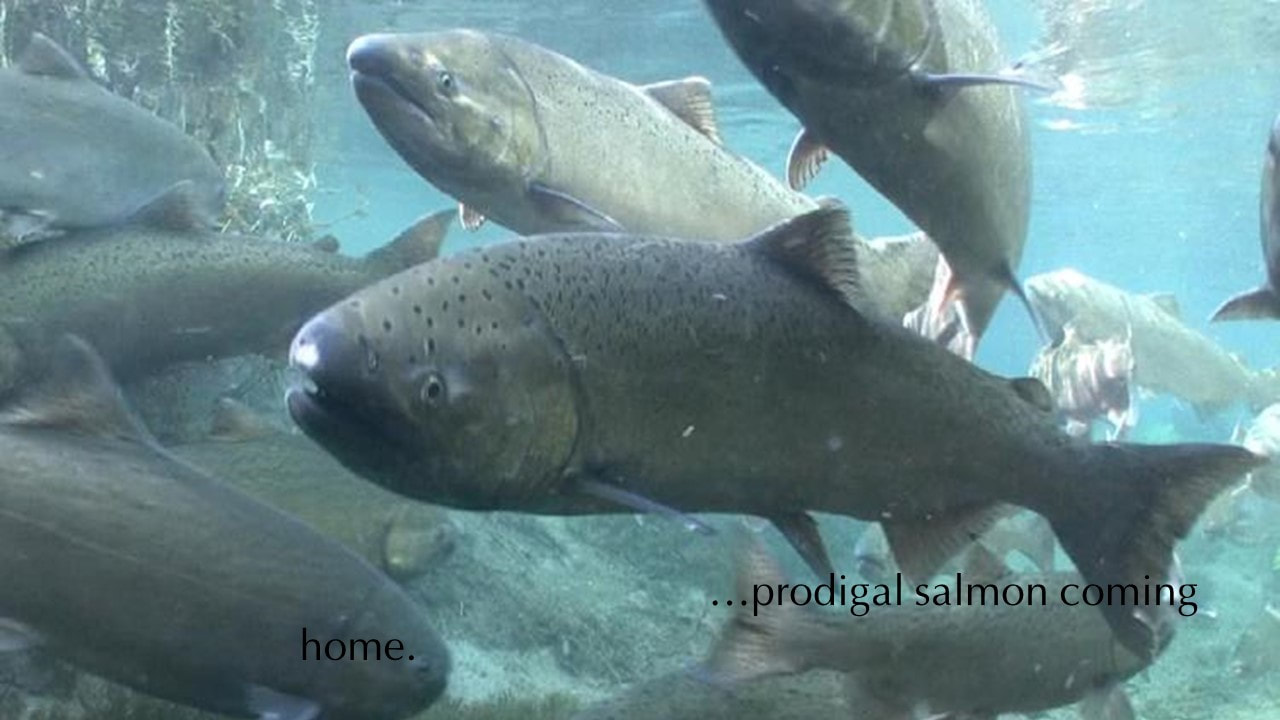
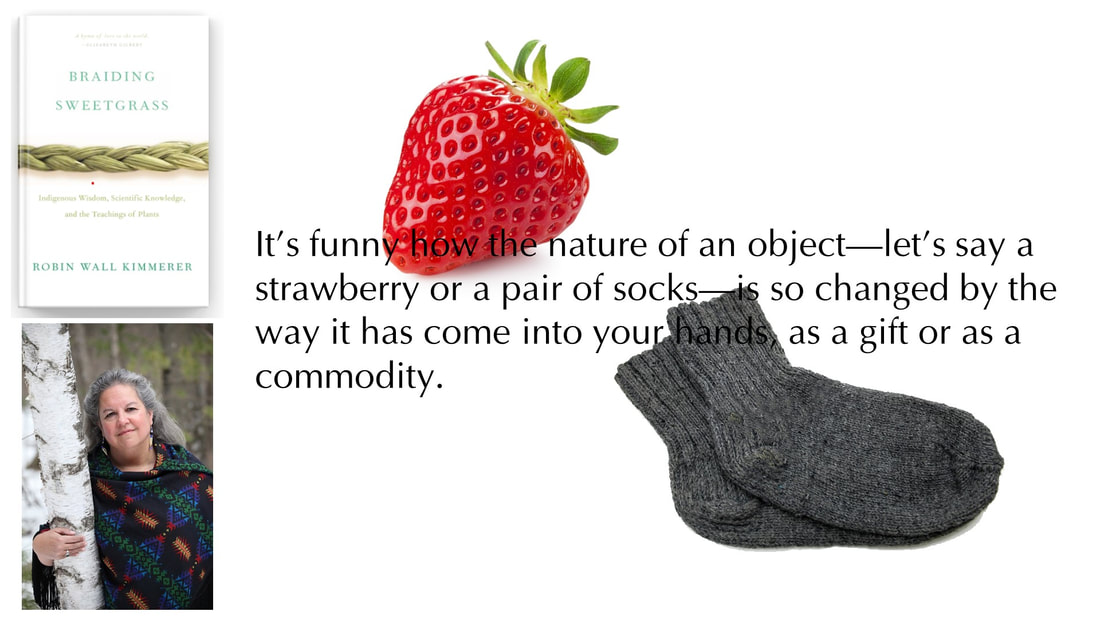
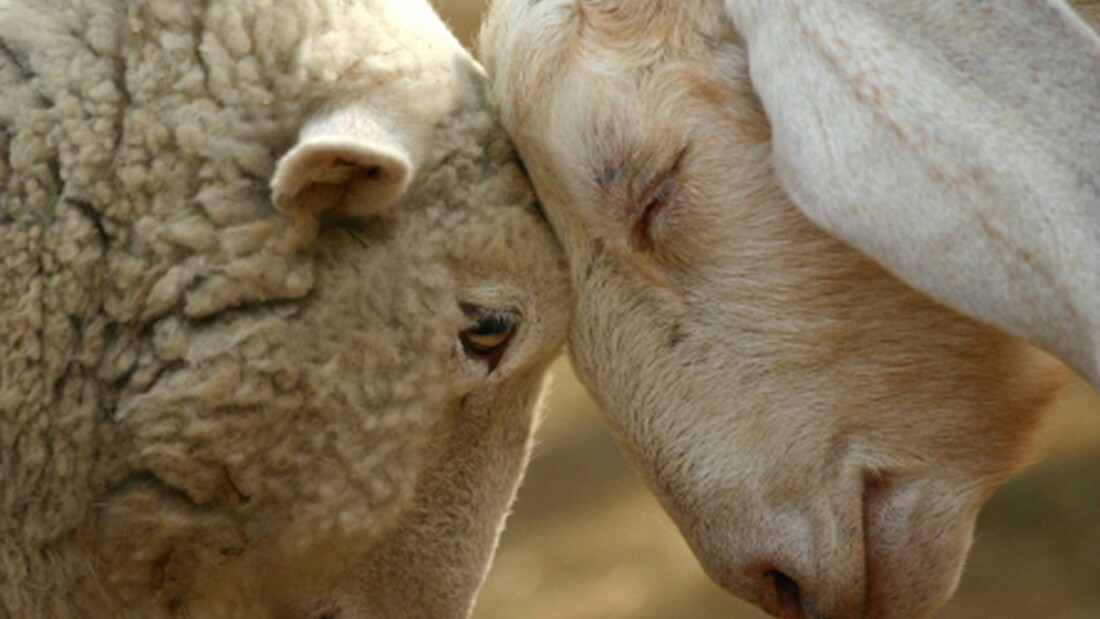
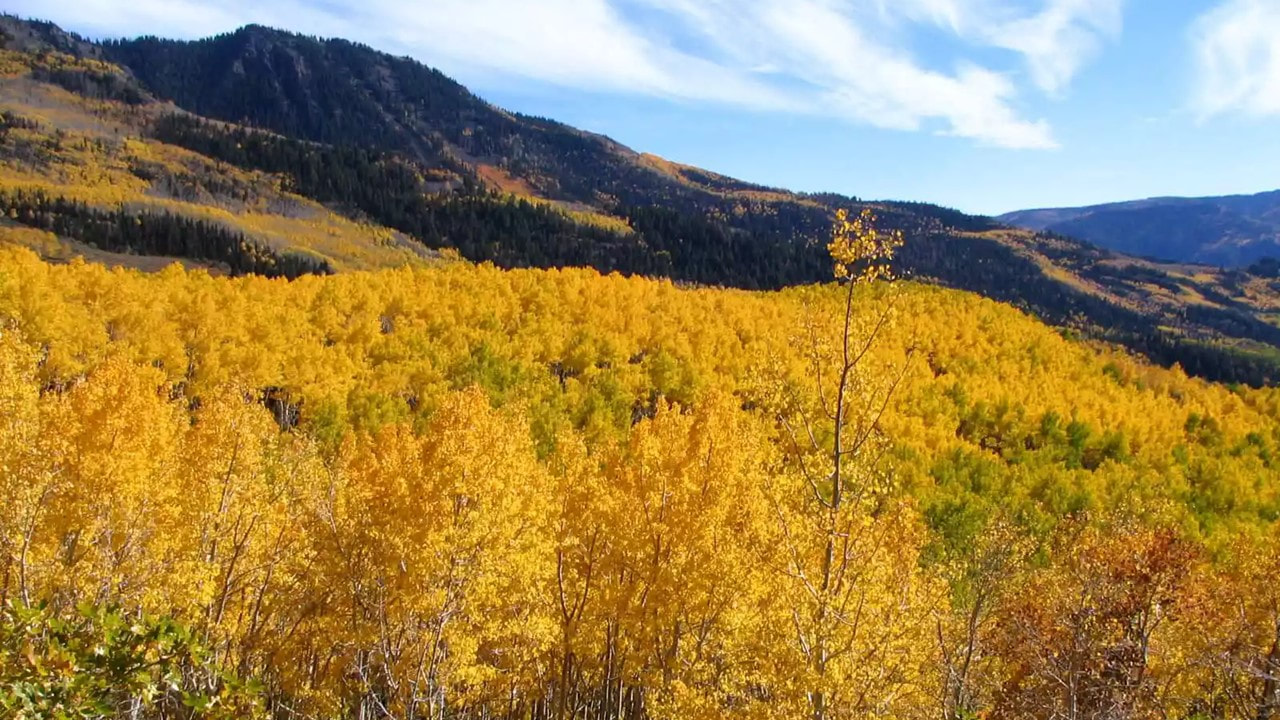
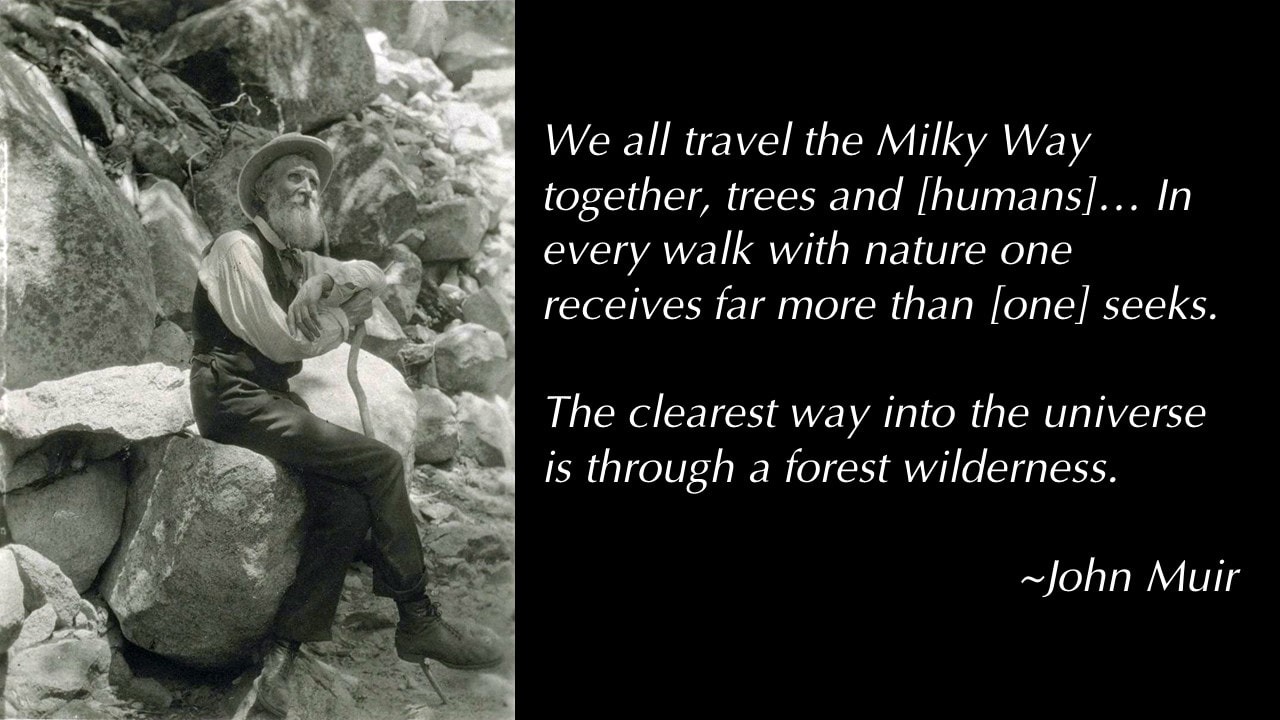
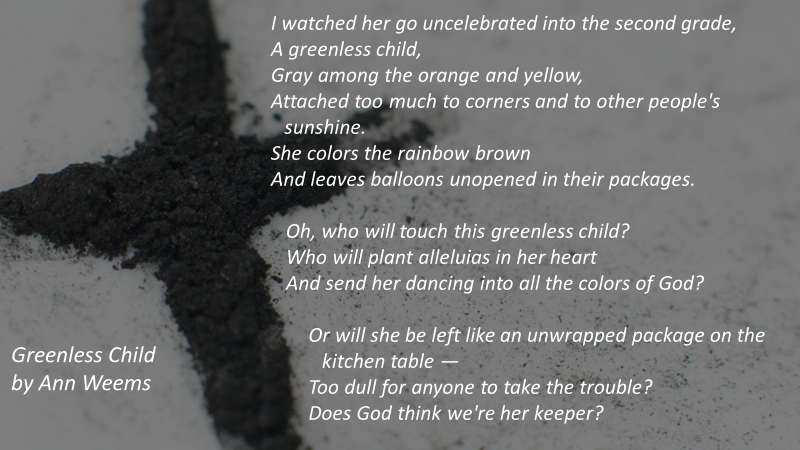
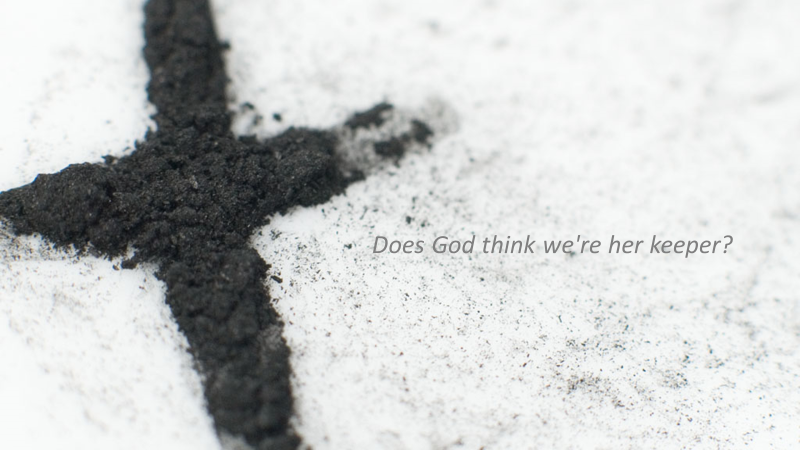

 RSS Feed
RSS Feed